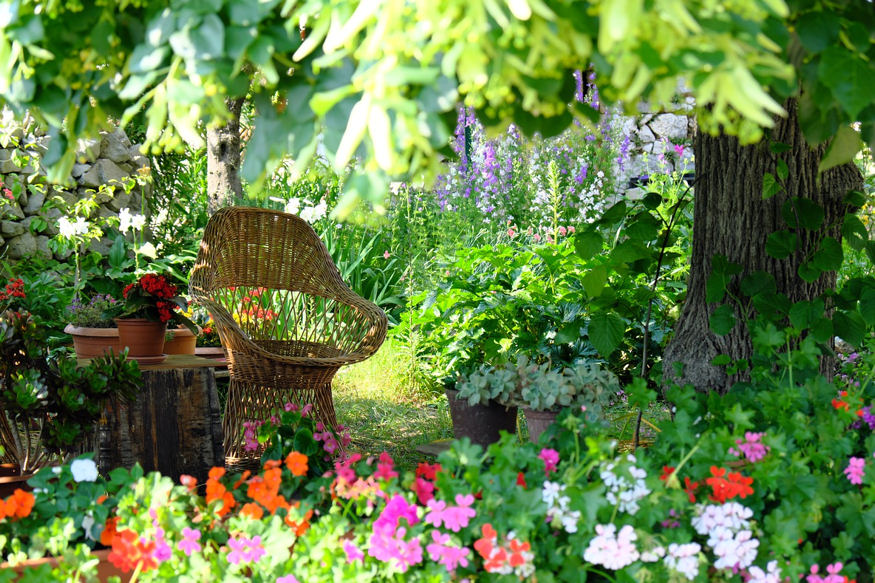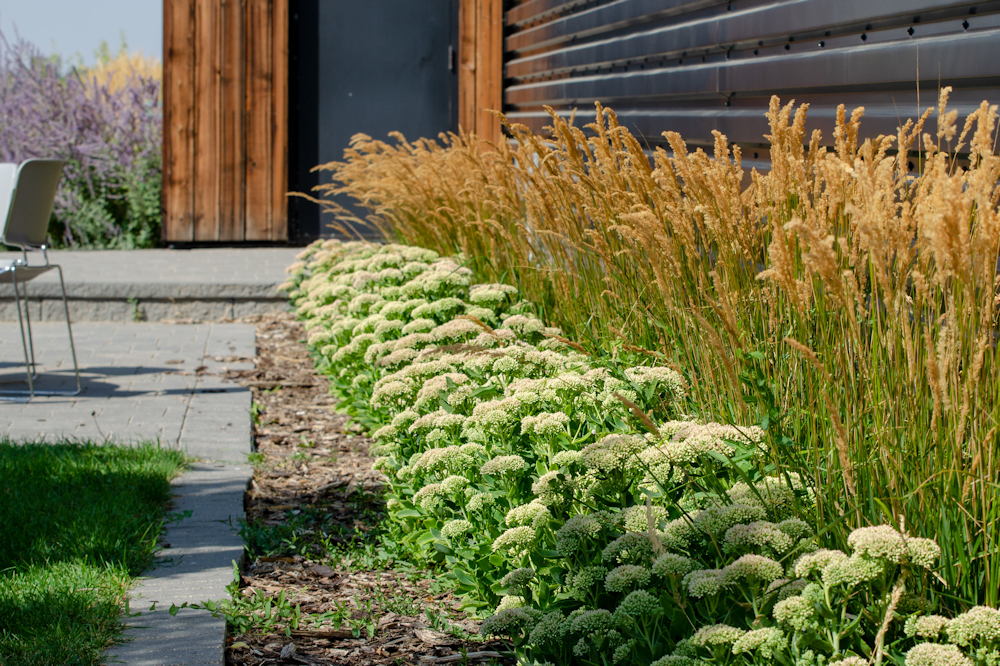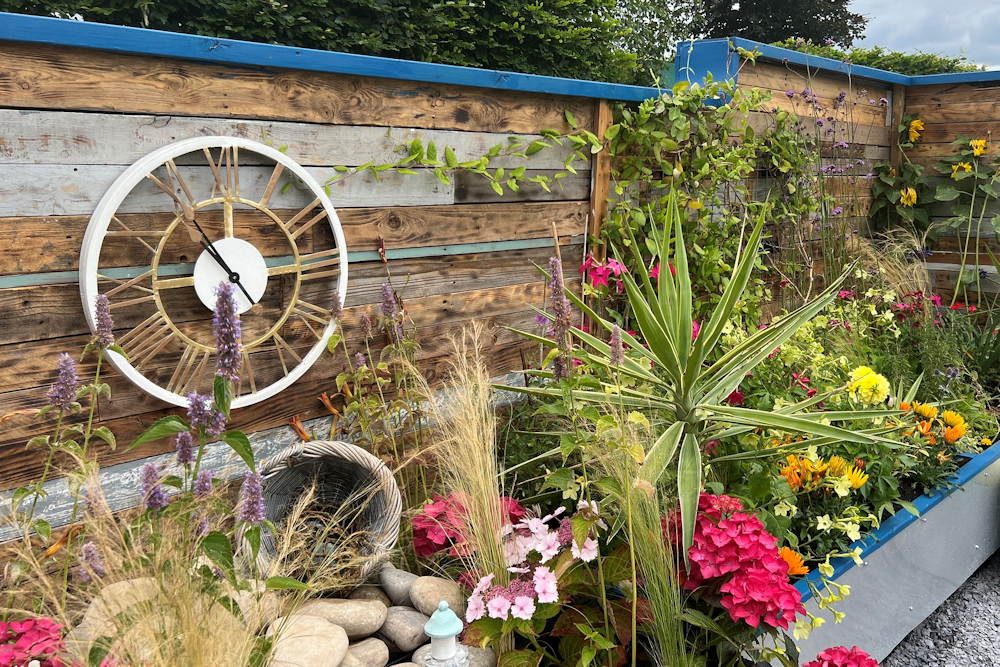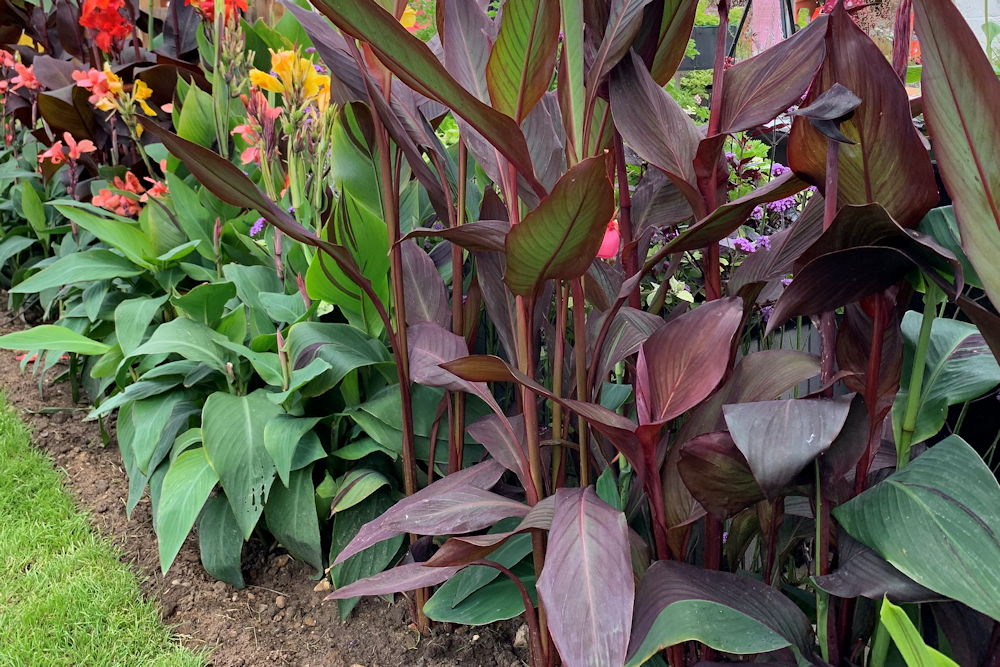Some gardens seem to design themselves, springing to life in our imagination as we picture every plant in its perfect spot. But other spaces? They require a bit more thought. The key to a beautiful garden lies in taking the time to plan. By following these five foundational rules, you can transform any area into a lush green haven.
1. Plan First, Plant Later
- Thoughtful planning is the cornerstone of any great garden.
- Start by sketching your ideas on paper—a scaled drawing helps visualize your garden’s potential.
- Key factors to consider:
- Sunlight
- Soil type
- Topography

2. Create Structure and Flow
- Even wild, romantic gardens benefit from careful planning.
- Tips for creating harmony:
- Use odd-numbered plant groupings for pleasing rhythm.
- Round shapes feel natural and dynamic.
- Straight paths and trimmed hedges create structure in formal gardens.
- Curved lines and wavy pathways add charm—leave enough space for these shapes to shine.
- Play with color:
- Dark foliage (e.g., rhododendrons, yews) works well at the back of larger spaces.
- Lighter tones (e.g., white willows, sedums) create a sense of openness in the foreground.

3. Treat Paths as Design Elements
- Paths aren’t just practical; they’re key visual elements.
- Materials to consider:
- Brick or stone for main paths.
- Wood or gravel for secondary paths.
- Guidelines for path design:
- Main paths: Durable and wide (approx. 60 cm per person + 30 cm for comfort).
- Side paths: 40–80 cm width is sufficient.
- Leave 30 cm between paths and house walls for a cleaner look.

4. Add Restful Retreats
- Plan inviting spots to pause and unwind:
- Benches, gazebos, tables, and loungers.
- Consider sunlight:
- North/east areas are shaded naturally.
- South/west areas need added sun protection (e.g., umbrellas, shade sails, trees).
- Ensure stability:
- Add bases made of wood, brick, or pebbles.
- Raised platforms can elevate the aesthetic.

Contents
5. Match Plants to Your Lifestyle – and Theirs
- Be realistic about maintenance:
- Opt for low-maintenance designs if you have a busy schedule.
- Avoid high-maintenance vegetable gardens or flower beds if time is limited.
- Practical considerations:
- Choose trees that won’t block sunlight or clog gutters.
- Decide on the type of lawn (wildflower meadow, sports grass, or pristine lawn).
- Enhance with climbing plants:
- Roses or ivy can hide unattractive spots (e.g., garage walls, trash bins).
- Be cautious – some climbers are hard to remove once established.

The Bottom Line
Designing a garden is as much about imagination as it is about planning. By starting with these five rules, you’ll set the stage for a vibrant, functional, and beautiful outdoor space that’s uniquely yours. So grab that sketchpad, dream big, and let your garden’s story unfold.









